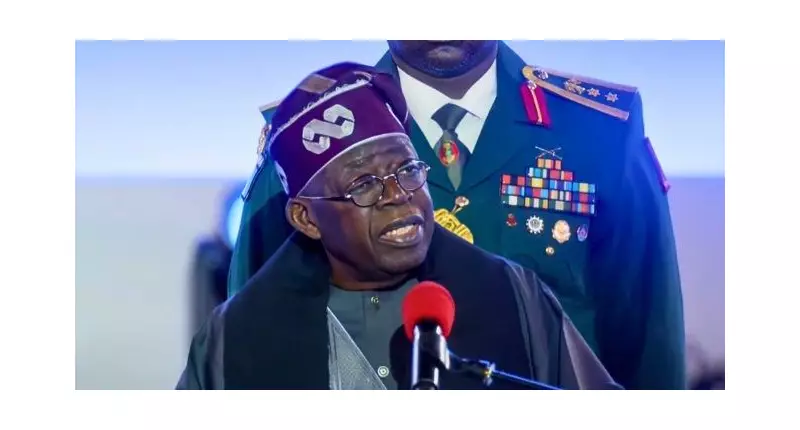
President Bola Tinubu has received a significant political boost as prominent voter advocacy organizations publicly endorsed his administration's stance on the contentious 15% fuel import duty. This development comes at a critical juncture in Nigeria's ongoing economic reform discussions.
Widespread Support from Grassroots Movements
Multiple voter groups representing diverse constituencies across Nigeria have united in their backing of the President's position. The coalition includes organizations that played pivotal roles in previous election cycles, lending substantial credibility to their endorsement.
According to statements released by the groups, their support stems from a belief that the fuel import duty represents a necessary step toward long-term economic stability. They emphasized the importance of structural reforms in the petroleum sector, despite short-term challenges for consumers.
Economic Implications and Public Response
The 15% import duty on petroleum products has sparked intense debate among economists, policymakers, and the general public. While some critics argue it could exacerbate current economic pressures, supporters maintain it's essential for reducing dependency on imported fuel and encouraging domestic refining capacity.
Industry analysts note that this political backing could significantly influence the ongoing policy discussions. The voter groups' endorsement suggests growing acceptance of the administration's broader economic strategy among key political constituencies.
Looking Ahead: Policy Implementation
With this strengthened political foundation, the Tinubu administration appears better positioned to move forward with its economic agenda. The voter groups have committed to ongoing dialogue with the government to ensure that implementation considers the needs of ordinary Nigerians.
The coming weeks are expected to reveal more details about how the import duty will be integrated into the broader framework of petroleum sector reforms and what complementary measures will be introduced to mitigate potential impacts on consumers.





